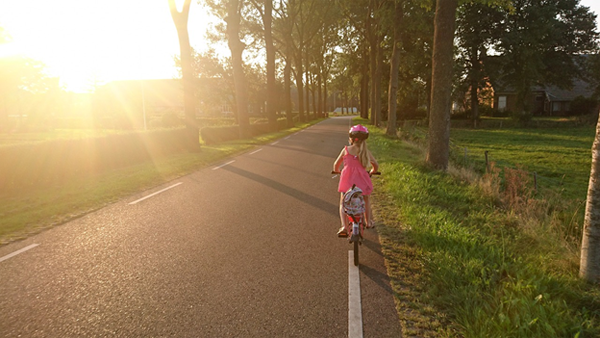Newsletter May, 2018 |
|||

Eating and Exercise: Helping Kids Make Healthier Choices With more than three million cases nationwide, the prevalence of childhood obesity in the United States is startling to say the least. One in five under 18 will climb the uphill battle of obesity, and many will become obese adults (33 percent of U.S. adults are obese). Not only is the risk for adult obesity greater, but childhood obesity also leads to an increased chance of high blood pressure, diabetes, and high cholesterol. You can keep your children from becoming a statistic by helping them learn to make healthier choices when it comes to exercise and eating. Choosing exercise It seems in today’s world, it’s more common to see a child with a video game controller or a tablet in hand instead of a ball and a bat. The stagnation in their lives certainly plays a role in this country’s high childhood obesity rates. How do we get them motivated? For children, exercise doesn’t have to be going to the gym or to a class, the way many adults define fitness. Are you struggling with some of life’s questions? Our Forum can help you find the answers you need.
|
|||
|



